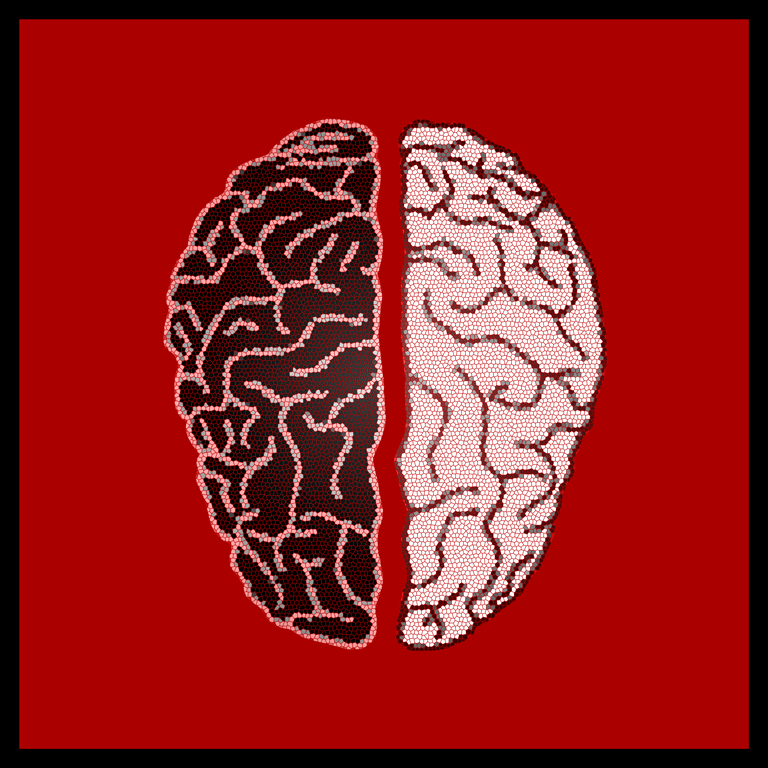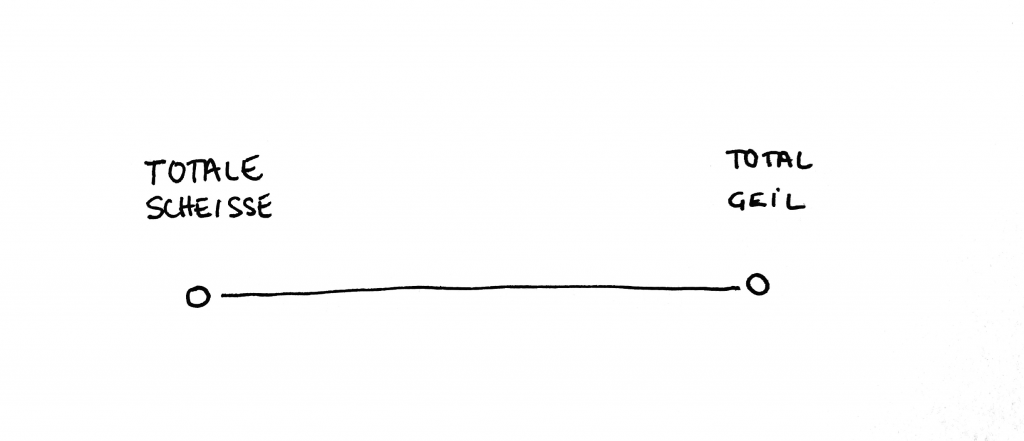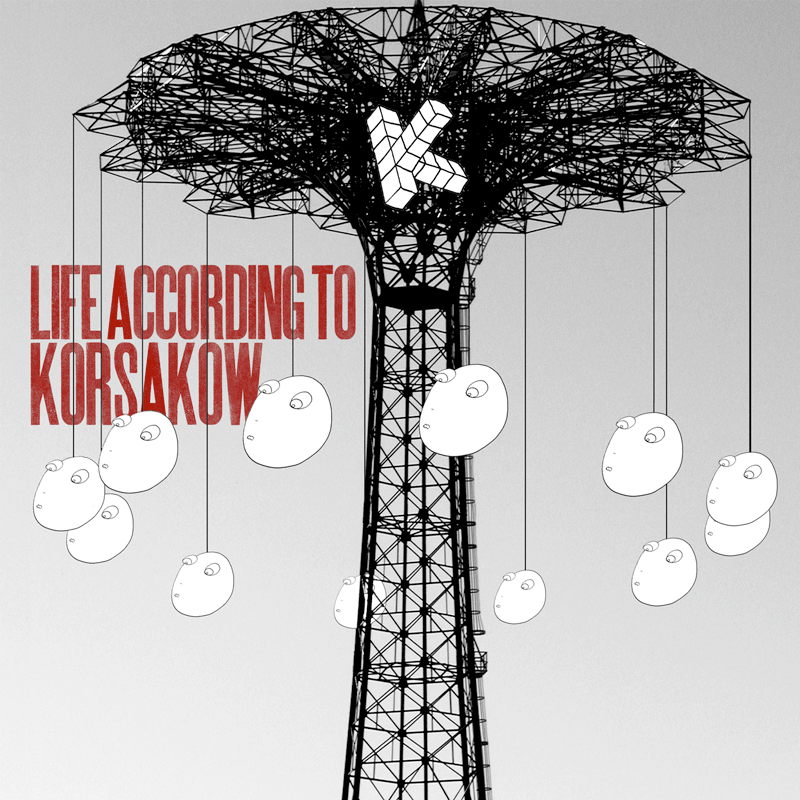
I recently had a conversation with a friend. He was complaining that he was wasting all his time with computer games. Nevertheless it was clear to him – “Computer games are shit – absolute crap!”
I know my friend as an extraordinarily intelligent guy. The picture wasn’t right for me. I can’t really imagine how he spends all his time dealing with a completely stupid exercise. Now I don’t know from my own experience what it’s like to play computer games intensively and therefore deny myself an opinion. But it seems obvious to me that if an intelligent monkey is engaged in an activity, this exercise is meaningful.
My friend said that he would try again and again to quit playing computer games completely, but then he would find himself in front of the computer again, gambling. “Absolute waste of time!”, “Computer games are absolute shit!”
“Really?” I asked my friend, “Do you really think computer games are absolute shit?
To my astonishment he replied: “No, of course, computer games are totally awesome”.
Now I was seriously confused: “What now, total shit, or total awesome?

We discussed for 15 minutes and all the time I tried to find out exactly where he was on the scale between one extreme and the other. But his statements always jumped back and forth between one and the other.
Totally awesome. Totally shit.
“But you know what I mean!” he said reproachfully at some point.
“I can only guess. You can’t be on both counts and you’re certainly neither on one point nor the other. You are probably somewhere in between. Where exactly – I have no idea. And you, you probably don’t know either.”
At this point we ended the conversation, which had become somewhat unpleasant. A few days later I got some feedback from my friend. The conversation had made him think.
Since I got into the habit of paying attention to the use of extreme narration, I notice more and more often: We discuss with each other to find out if something is so or so. Whether the EU is one way or another, whether migration is one way or another. Whether globalisation is one way or the other. Whether the Internet is one way or the other. Totally awesome or absolute shit. And most of the times we discuss as if there is nothing between the extreme points.
That’s a great pastime and you can argue a great deal. Good approaches for solving problems can only be found in the rarest cases. Reality can usually be found between the extremes. The solutions for problems as well.
But, if it is fun.



